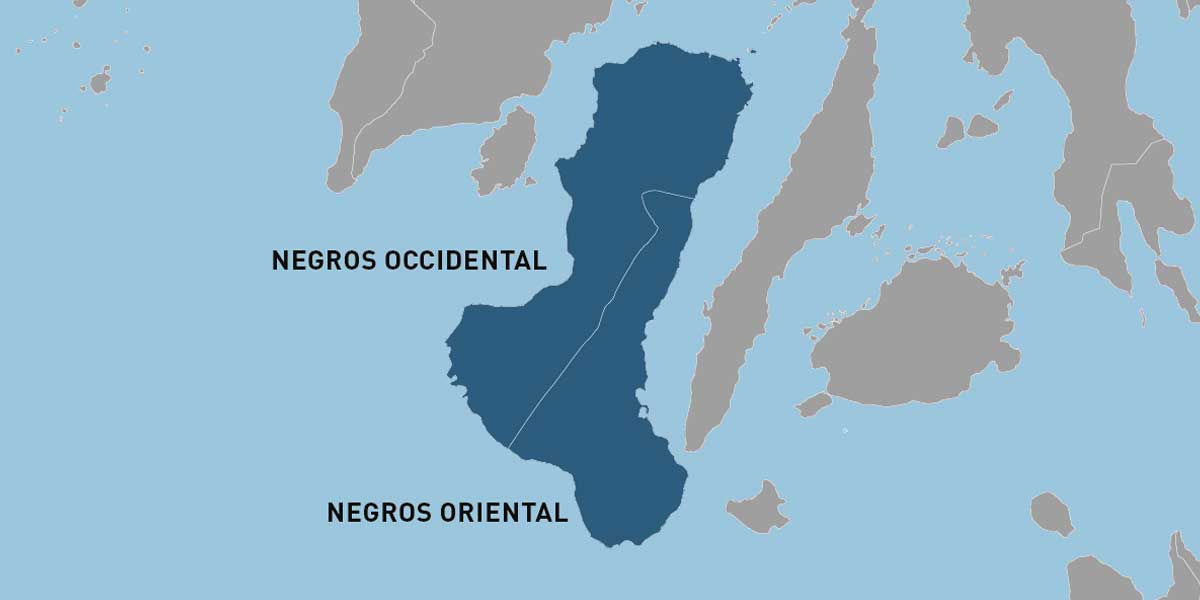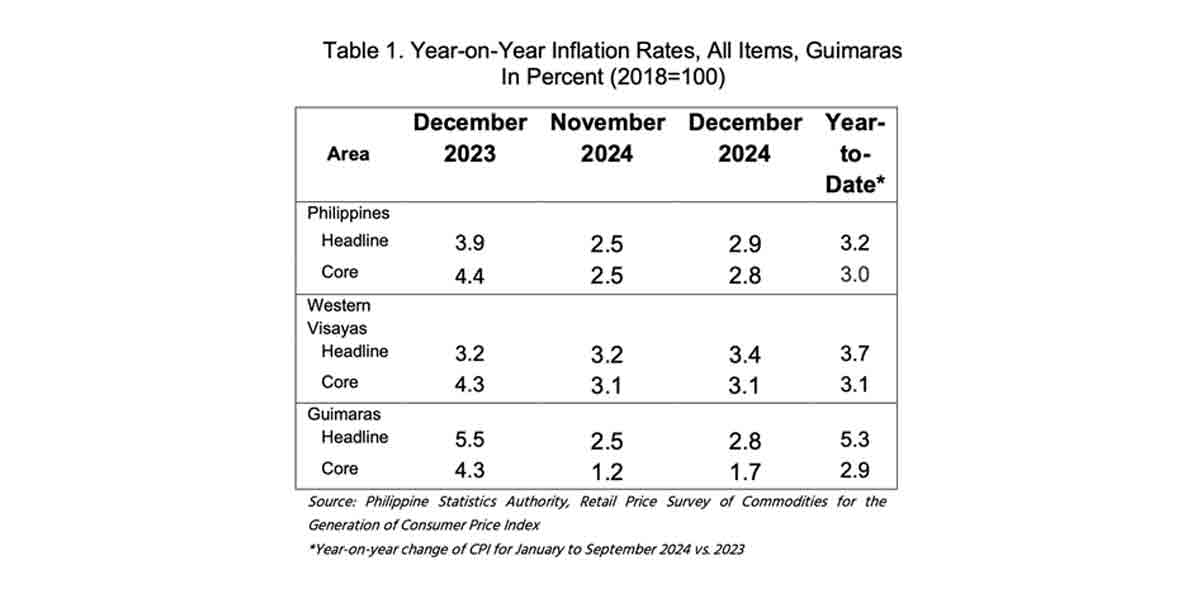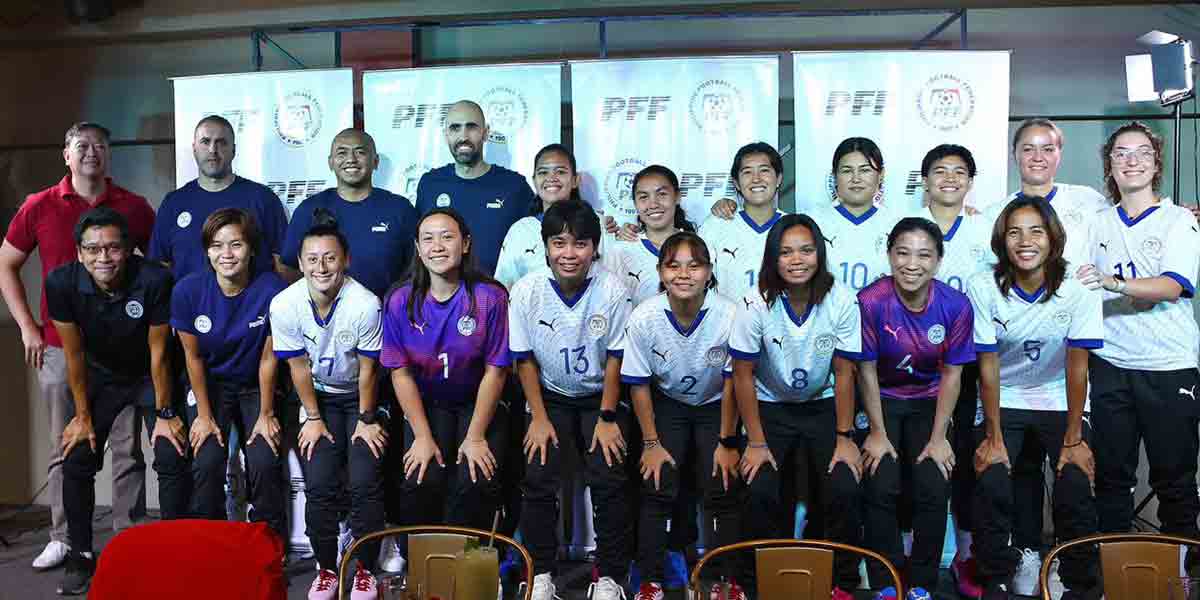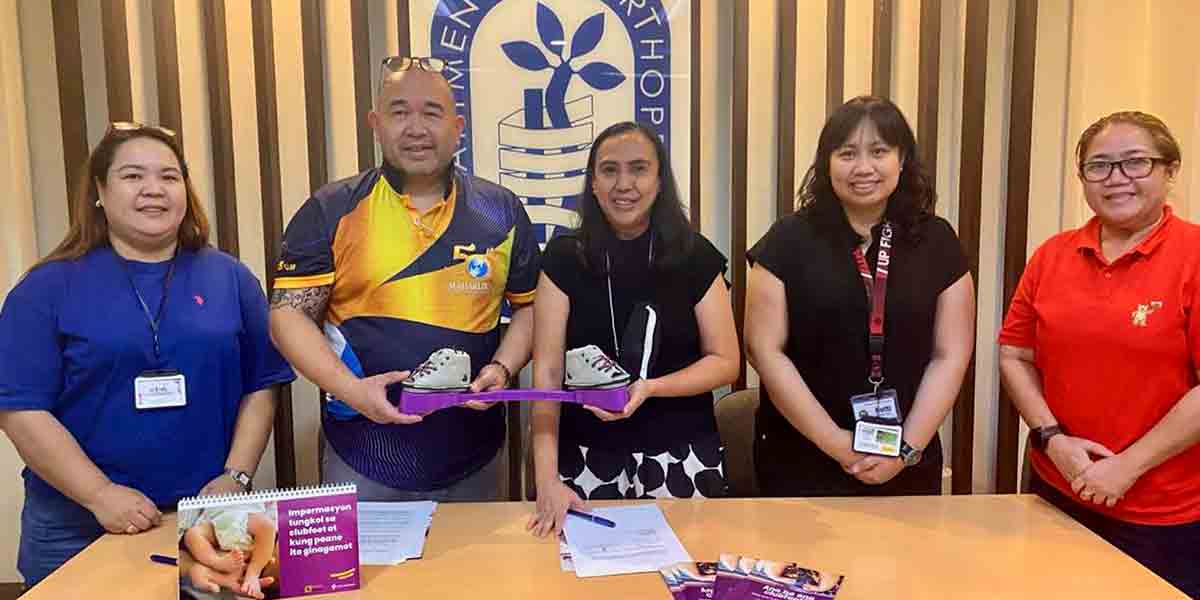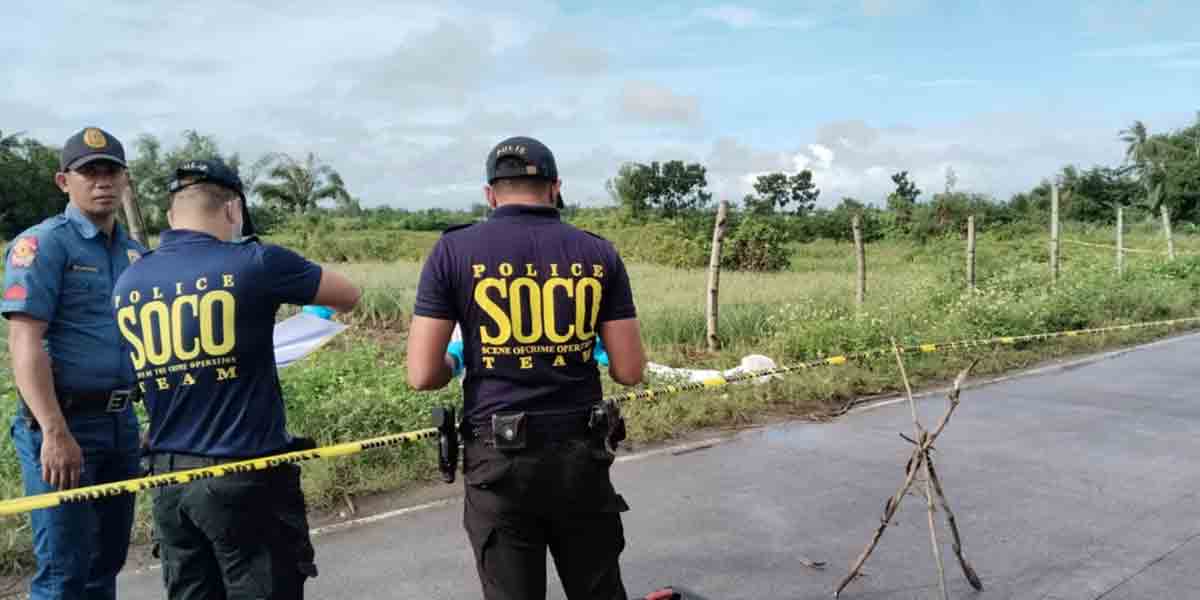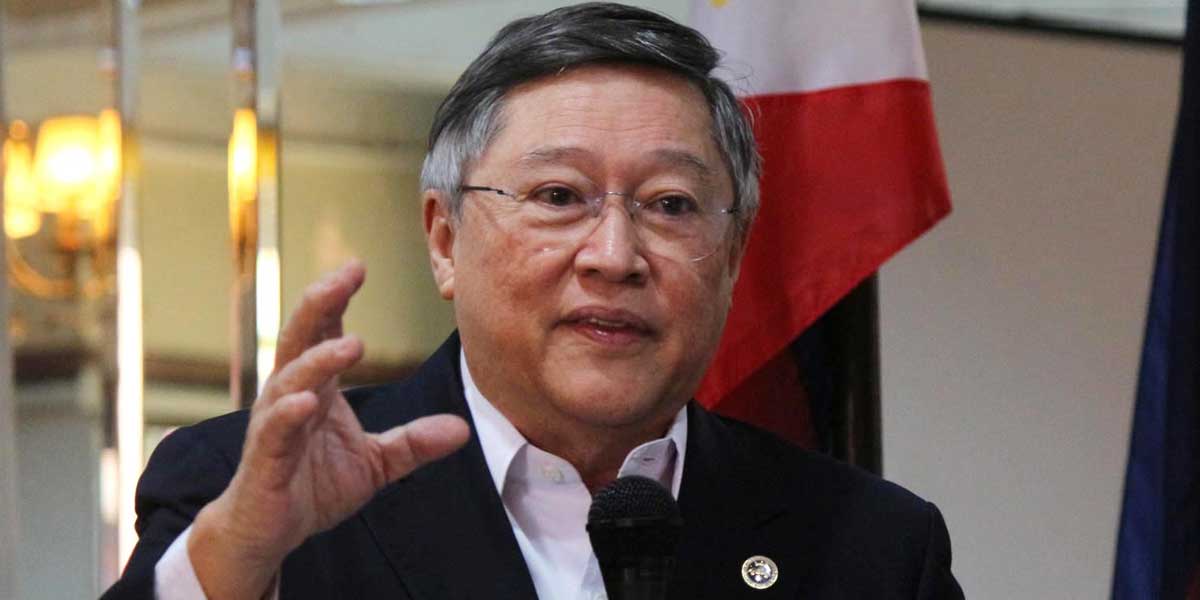
Finance Secretary Carlos Dominguez III has said the Philippines is looking forward to future initiatives under the umbrella of the ASEAN Plus Three (China, Japan, Korea) cooperation to help accelerate the country’s shift from coal to sustainable energy sources.
On behalf of the Philippine government, Secretary Dominguez also expressed the country’s support for the activities of the ASEAN +3 finance ministers and central bank governors to intensify information exchange on innovative technologies and expand the digital economy across the region.
Transition finance refers to funding the costs of gradually moving away from the use of fossil fuels as communities journey their way to clean energy sources.
The ASEAN+3 Monetary Authorities have endorsed China’s new initiative on transition finance and its proposed workplan that aims to formulate region-specific principles on this area by starting with a survey to understand members’ needs, concerns, and recommendations.
“Overall, the Philippines is committed to engaging with the working committees to realize our shared goal of building a regional financial system that encourages transparency, harmonization of regulatory regimes, and broader-based capital markets,” said Secretary Dominguez in his intervention during the discussion among his fellow finance ministers and governors on strengthening financial cooperation as part of the 25th ASEAN + 3 Finance Ministers and Central Bank Governors Meeting (AFMGM+3) held last week.
“The success of our initiatives on the financial front will be vital in enhancing the region’s resilience, inclusiveness, and integration as we all return to normalcy,” Secretary Dominguez added.
Secretary Dominguez is also President Duterte’s designated representative to the Philippines’ Climate Change Commission (CCC).
Co-chaired by Cambodia and China, the 25th AFMGM+3 Meeting was convened virtually on May 12.
The ASEAN +3 Finance Cooperation comprises the countries of the Association of Southeast Asian Nations (ASEAN)—Brunei Darussalam, Cambodia, Indonesia, Laos, Malaysia, Myanmar, the Philippines, Singapore, Thailand, and Vietnam; and their partners Japan, Korea, and China.
This cooperation was established in 1999 as a means to strengthen policy dialogue, coordination and collaboration on financial, monetary and fiscal issues of common interest.
During the discussion, Secretary Dominguez also welcomed the progress achieved in the Chiang Mai Initiative Multilateralization (CMIM), and encouraged the ASEAN + 3 Macroeconomic Research Office (AMRO) to work closely with ASEAN+3 Member Authorities “in making this regional financial safety net simpler to tap and more seamless operationally”, by addressing the remaining issues in the CMIM’s lending facilities.
Secretary Dominguez said he expects the AMRO to achieve its goal of becoming a strong Regional Knowledge Hub.
“At the same time, we anticipate a review of AMRO’s performance. With its increased resources and personnel, we should be able to upgrade the performance targets of this institution,” he said.
Secretary Dominguez also commended the work of the Asian Bond Markets Initiative as it has been “unwavering in its efforts to strengthen support for infrastructure finance and create an ecosystem for sustainable bond market development.”
“We likewise welcome the ASEAN + 3 Future Initiatives with particular interest in digitalization and transition finance. The Philippines is currently pursuing a rapid shift to renewable energy sources. We look forward to exploring opportunities to support our transition from heavy reliance on coal to alternative sustainable energy sources,” Secretary Dominguez said.
“On digitalization, we support intensifying our information exchange on innovative technologies and expanding the digital economy,” he added.
During a separate dialogue of the AFMGM + 3 ministers and governors and their development partners, Secretary Dominguez urged the world’s major multilateral development banks (MDBs) to replicate their successful collaboration on financing the Philippines’ COVID-19 vaccine procurement in supporting the economic recovery of the Asia-Pacific region from the pandemic and lingering effects of the Russia-Ukraine conflict.
He said the move of the Asian Development Bank (ADB), World Bank (WB), and Asian Infrastructure Investment Bank (AIIB) to combine their resources to arrange joint financing for the Philippines’ vaccine procurement was “unprecedented” and “proved to be crucial to the Philippine government’s effort to protect its population against the virus and fully reopen our economy.”
“When the situation required, the World Bank, the Asian Development Bank and the Asian Infrastructure Investment Bank showed that close collaboration among them is possible,” Secretary Dominguez said at the AFMGM + 3’s Economic Review and Policy Dialogue.
“I urge the three institutions to replicate this successful collaboration in a sustained manner to support the economic recovery of the entire region from the pandemic and the lingering effects of the Ukraine crisis,” he said.
Secretary Dominguez also reiterated his call for the ASEAN, now with the cooperation of its Plus Three partners and the development institutions, to “work closely with each other to help weather this adversity” triggered by the Ukraine crisis.
He also suggested anew that ASEAN convene a small group of experts to continuously monitor the situation in Ukraine, assess its possible impacts on their economies, and submit recommendations on new areas of cooperation.
“This will be consistent with the vision for the ASEAN plus three as a mutually supportive community,” Secretary Dominguez said.
“Rest assured, the Philippines is committed to supporting the ASEAN’s collective efforts to address all uncertainties and drive forward the region’s strong and sustained rebound,” he added.




